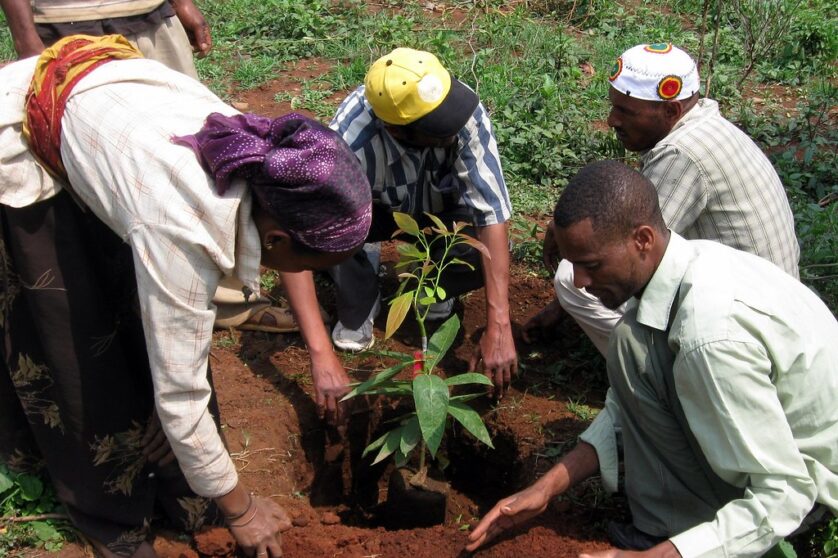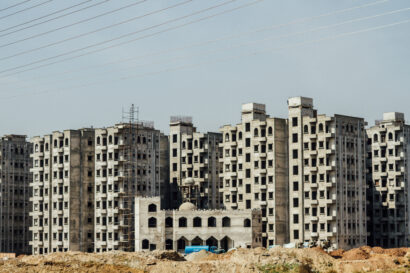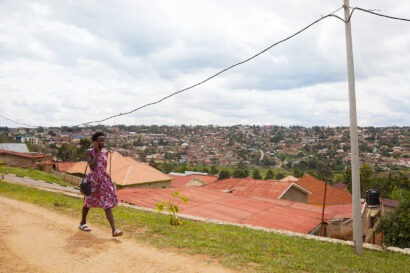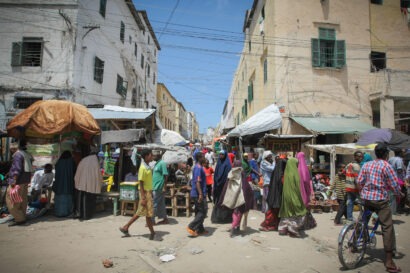Formal tax and non-tax revenue sources, which are estimated to account for 50 to 80% of government revenue in the world, have long attracted the attention of policymakers and researchers. However, the productivity of such formal sources remains low especially in developing countries due to the high incidence of informality, poor tax culture, generous tax incentives and exemption, high tax evasion and tax avoidance, and lack of administrative and technological capacity. Ethiopia is no exception. Its tax revenue to GDP ratio remained low and fell gradually from 19.1 % in 2002 to 11 % in 2021 which is far below the average in Sub-Saharan countries (18%), emerging economies (20%), and developed economies (30%). The problem of low tax effort and revenue mobilization is more grave for local governments where tax bases are legally restricted, collection capacities are weak and intergovernmental transfers are conditional and inadequate.
With the need to bridge the fiscal gap, particularly at local levels, countries are looking at various mechanisms of mobilizing local resources through the participation and contribution of society and other non-state actors in financing the provision of infrastructures, public services, and other development expenditures. This is what Prud’homme (1992) terms ‘informal taxation’.
Non-state actors’ engagements and contributions in the form of labour, time, and money have been increasingly recognized and rationalized both in the literature and policymaking as an alternative means to improve development and governance both in rural and urban areas. Governments themselves initiate resource mobilization programs or encourage the society or NGOs to capture societal participation and contribution in the maintenance and extension of public services and improving livelihoods, and building popular trust in many developing countries such as Ethiopia, Kenya, Somalia, Pakistan, Nigeria and Sierra Leone.
According to a study by Van den Boogaard et al (2019) in Sierra Leone over 69% of households paid at least one informal tax in a year while a survey by Olken and Singhal (2011) concludes that informal taxation is prevalent in all ten surveyed countries and accounts 50% in Ethiopia, Indonesia, and Vietnam, and 20% in Albania, Guatemala, Nicaragua, Nigeria, Panama, Philippines, and Zambia.
Typologies, Actors, and Beneficiaries
On the basis of the actors involved, it is possible to classify informal taxes in Ethiopia into three main types: Government-initiated, NGO-initiated, and Community-initiated. All the forms share two main important commonalities. First, there is an element of voluntarism and payment is effected either in cash, kind, or labour. Second, there is no legally established sanction against non-compliance even in cases of government-initiated informal taxes.
(a) Government Initiated
In Ethiopia state agents and institutions, especially at the local level, play a critical role in planning and enforcing informal tax tools. Recently, the federal government has been increasingly adopting various informal tax practices as we can see from various fund-raising undertakings for the construction of the Grand Ethiopian Renaissance Dam (GERD), Addis Ababa Greening (Entoto, Sheger, and Unity Park) projects, the “Dine for the Nation” project for three (Gorgora, Wonchi, and Koysha) tourism development projects and the Green Legacy Initiative to plant 20 billion trees in five years to mention the few. The government has made a public call to Ethiopians including the diaspora to contribute their labour, money and relevant materials to the development of these and other projects. Ethiopia has implemented informal taxation with the construction of GERD.
GERD is a dam project on the Blue Nile River and is set to become the largest hydropower plant in the African continent. Given the lack of international financing attributable to the Politics of the Nile Basin, Ethiopia is forced to finance the over 5 billion US dollars cost with crowd funding through internal fund raising in the form of selling bonds as well as private donations and contributions in the form of cash, labour and other materials.
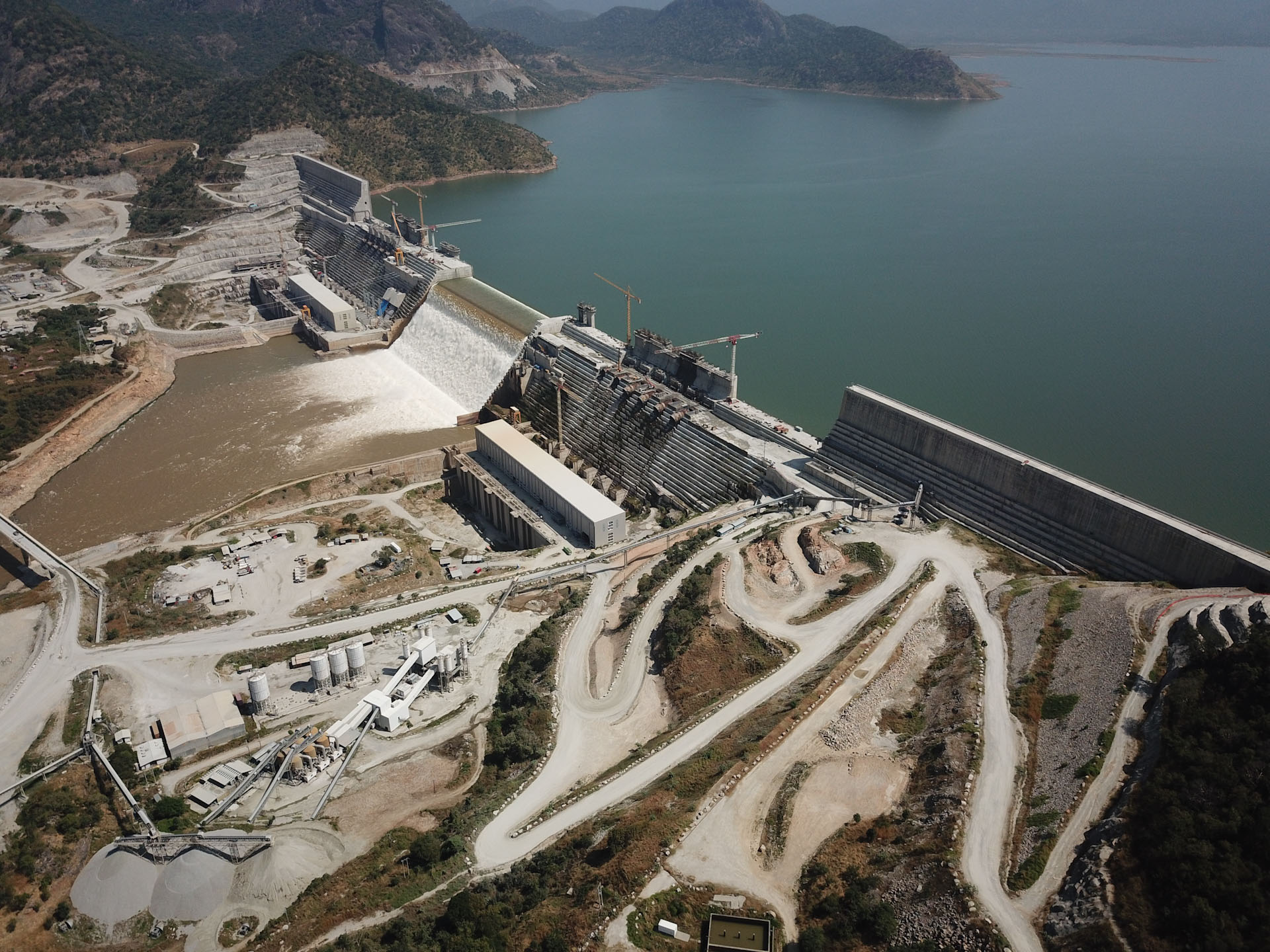
Local governments (known as Kebeles) also implement other perpetual informal tax practices in areas of natural resource conservation, rural road constructions, school and health centre construction, and related projects by requiring the community to co-finance new projects and maintenance of existing projects. Kebeles organize households into community groups through which members participate, contribute and share responsibilities for the successful accomplishment of the projects. In some areas, where projects are effectively implemented, local money and labour contributions become governments’ coercive revenue-raising tactics.
(b) NGO Initiated
NGOs such as the Christian Relief and Development Association, Gurage Road Construction Organization, Oromia Development Association, Amhara Development Association and Organization for Rehabilitation and Development of Amhara are known to initiate community development projects for environmental conservation and construction or maintenance of basic infrastructures (such as irrigation canals, schools, health centres, roads and water supply) in areas where governments cannot or will not act. Projects are initiated with the consent and commitment of the community members to present matching funds and provide labour force and necessary equipment necessary to implement the project. Community leaders and members participate in various forms at the project planning, implementation and evaluation phases.
(c) Community Initiated
Ethiopia is a multi-ethnic federal state containing over 80 different ethnic groups. There are different voluntary indigenous organizations (such as Iqqub, Iddir, Wonfel and Debbo) through which members actively participate and contribute, in cash or in kind, to community development projects. These self-help groups help to capture informal payments and labour contributions to support the provision of local public goods, security, social welfare and governance. They also serve as forums for information sharing, conflict resolution, and helping the needy.
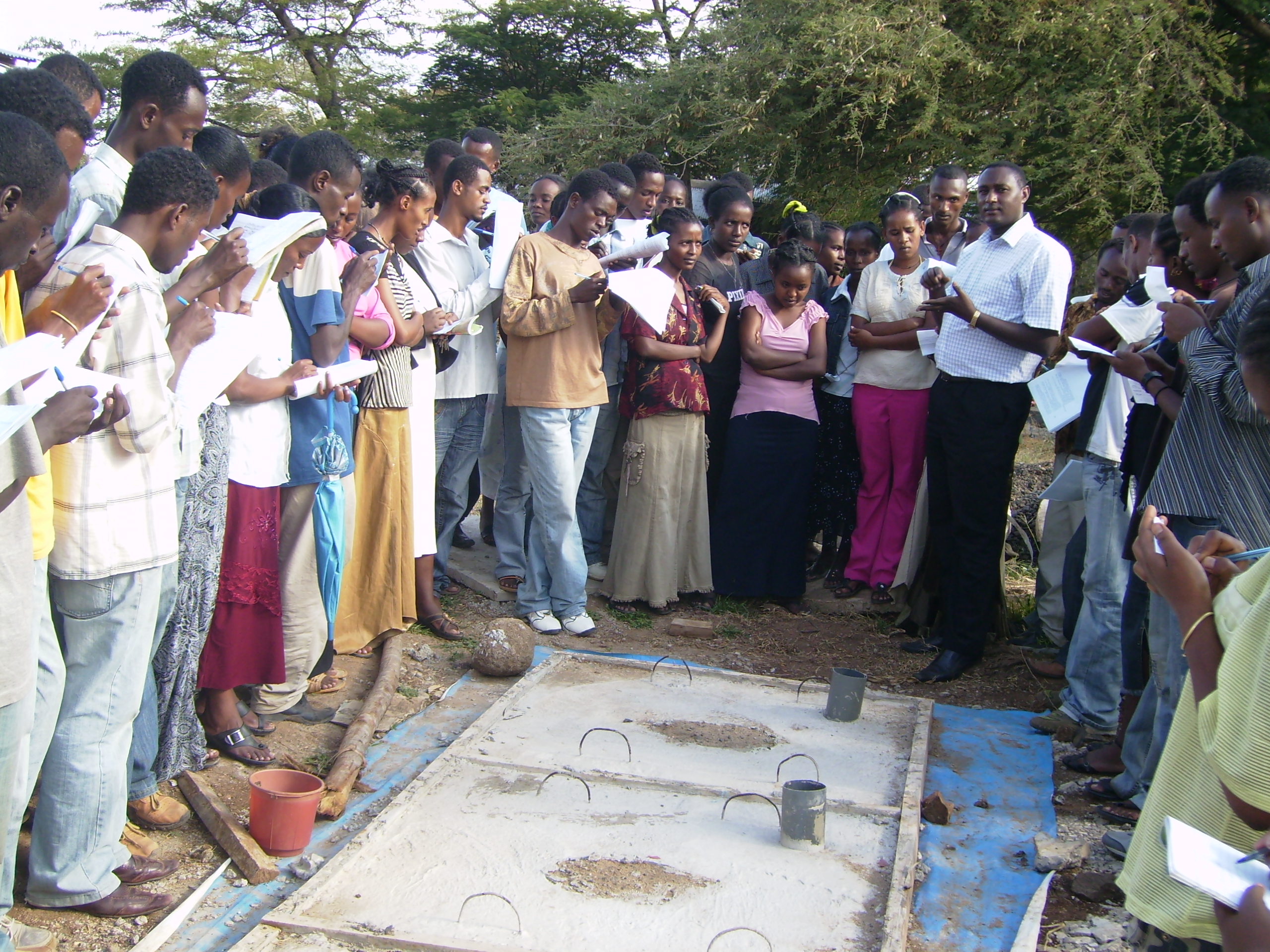
Prospects and Challenges
The expansion of informal tax practices in Ethiopia brings both benefits and challenges. Some studies have found that informal taxes play key roles by financing community development projects and improving government-citizen relationships by increasing willingness to cooperate and acceptance of authority. Informal tax practices can improve good governance by enhancing responsiveness, accountability and transparency in the implementation of community development projects. There is however a fear that the growing importance of non-state actors could bring competition and undermine state capacity and tax-paying norms. Moreover, informal taxes in general are frequently overlooked sources of local public finance in developing countries and as they do not appear in government budgets, household tax burdens are often seriously underestimated.
The need for further research
To our knowledge, no specific study has been conducted to investigate the nature and impact of informal taxation in Ethiopia. There are only a few studies on the participation and contribution of local communities to development projects in Ethiopia. These studies suffer from problems of design and focus. First, they are conducted in limited areas such as natural resource conservation and rural road construction. Second, they fall short of evaluating the contributions of urban and rural residents (labour, material or financial) as well as the wider impacts on development and citizen-government relationships across the three types of informal taxes mentioned above. Instead existing studies have focused on assessing the perception and adequacy of citizen participation.
Other pertinent issues to investigate include who the key actors in the design and enforcement of informal taxes are, what enforcement mechanisms are used and available, who actually pays informal taxes, and how the burden is distributed. Given the scope, prevalence, and institutionalisation of informal taxation in Ethiopia, failing to take into account informal tax collection results in an incomplete view of taxation and governance in the country. If the practice of informal taxation is to be built sustainably, interdisciplinary and multi-method research is needed.
